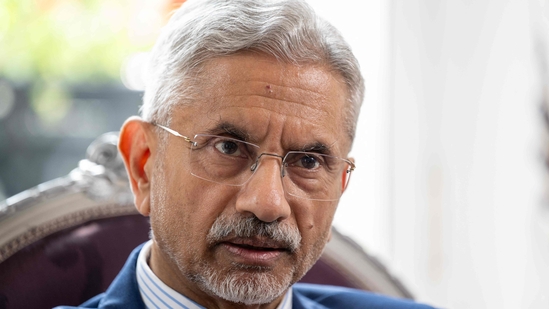India has refused to sign the joint statement at the Shanghai Cooperation Organisation (SCO) Defence Ministers’ meeting in Qingdao, China. The reason is due to the deliberate exclusion of any reference to terrorism—a red line for New Delhi.
External Affairs Minister Dr. S. Jaishankar clarified India’s stand, citing SCO’s founding mission:
“When the main purpose of the organisation is to fight terrorism, and you are not allowing a reference to that, he (Rajnath Singh) expressed his unwillingness to accept…” Jaishankar told ANI.
“SCO runs with unanimity. So Rajnath ji clearly said that if there is no mention of terrorism in the statement, we will not sign it,” he added.
India Calls Out Pakistan’s Attempt to Divert Focus
According to a PTI report, Pakistan had tried to insert a reference to the Balochistan incident in the communique, which India saw as an attempt to shift blame and politicize the platform. India objected, particularly when the document failed to address terrorism, the issue at the core of the SCO’s agenda.
In his remarks, Defence Minister Rajnath Singh delivered a sharp rebuke to nations shielding terrorists:
“Some countries use cross-border terrorism as an instrument of policy and provide shelter to terrorists. There should be no place for such double standards. The SCO should not hesitate to criticise such nations,” he said.
Operation Sindoor: India’s Firm Response to Terror
Rajnath Singh also hailed India’s recent military action—Operation Sindoor, launched in retaliation for the Pahalgam terror attack, which bore similarities to past strikes by Lashkar-e-Taiba (LeT).
“The pattern of the Pahalgam attack matches with LeT’s previous terror attacks in India. India’s zero tolerance for terrorism was demonstrated through its actions,” he said.
The operation targeted terror camps in Pakistan and Pakistan-occupied Kashmir, reinforcing India’s message that terror infrastructure across the border will not be tolerated.
India’s Message: No Compromise on Terror
By refusing to sign the SCO defence declaration, India sent a strong diplomatic message that there can be no compromise on condemning terrorism. When grouping like the SCO, founded to combat extremism, separatism, and terror.
Though India has not officially named the country responsible for the omission, all signs point to Pakistan’s resistance as the cause of the standoff.
India’s decision underscores its principled foreign policy, its commitment to global counterterrorism efforts, and its firm stance against politicising security platforms.








